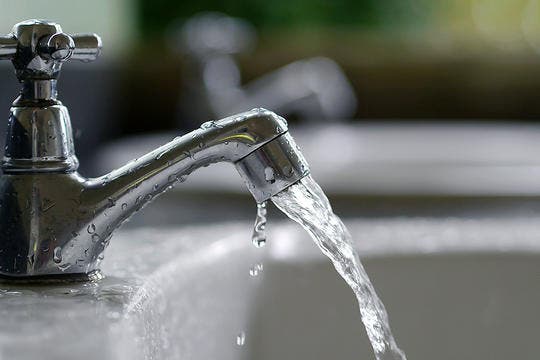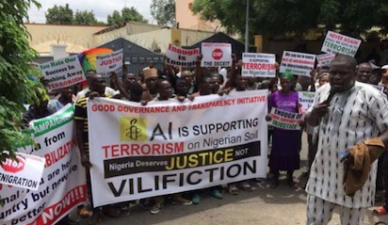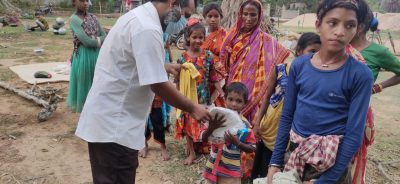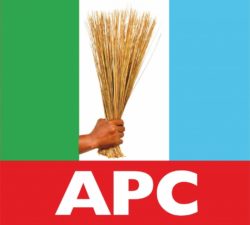—Says 15 oil-polluted sites cleared
—Blames community dispute for the delay in clean-up
The Federal Government yesterday said that the sum of N6,048,318,974.74 has been approved for the provision of potable water for the four local governments of Ogoniland, Gokana, Khana, Eleme and Tai in Rivers State.
The Council also said that the government has so far facilitated the clean-up of a total of 15 oil-polluted sites in Ogoniland.
Minister of the Environment, Muhammad Mahmoud, disclosed this while fielding questions from State House correspondents at the end of the weekly virtual Federal Executive Council, FEC, meeting presided over by President Muhammadu Buhari at the Council Chamber, Presidential Villa, Abuja.
He recalled that the Hydrocarbon Pollution Remediation Project, otherwise known as HYPREP, was commissioned in 2016 to clean Ogoniland, impacted areas based on a report by the United Nations Environment Programme (UNEP).
He said, “The mandate of the project is not just cleaning up the contaminated areas by oil pollution, but also to provide drinking water and three to also provide alternative livelihood for the people of that area.
“This is a project that previous governments have tried to do, but it just turned out to just talk. But President Buhari, in 2015 when he promised, this thing started in 2016 and currently, there will be six water projects that will be provided in this for local governments of Ogoniland and this has just been approved and work will start immediately.
“They are at different prices and also different completion periods, I think ranging from six months all the way to nine months, depending on the atmosphere. It’s rehabilitation and construction and some of these will link with the River State government’s water system.
Asked why the clean – up exercise was delayed, he attributed it to a community dispute.
He said, “Yes, we have some delays. And this was evident when we came to assess the project and we went all the way to Geneva, and met with UNEP and that’s the agency United Nations Environment Programme that designed the project, conducted the studies and make the recommendations.
“When we came back I went and explained to Mr President that according to their record, we were behind by just one year. And we sought approval to make some changes, and he graciously approved. And we have made those changes. And between then, and now 15 sites have been cleaned up and certified, clean.
“So, there was a delay of one year Yes, but then we have progressed. Now I can say that within the last year, we have done up to 15. So, there’s a tremendous amount of progress. And we are trying to push to catch up with the time, still maybe behind by months.
“But this is a project that you want to take time to do and do it well. we are talking about the livelihood of people contaminated soil by hydrocarbons, these are cancer-causing chemicals, or we call them carcinogens.
” So, one to make sure that when we’re trying to speed up, but also have been careful to make sure it’s clean and is clean to the standard of the World Health Organisation and the standard set also by UNEP.
“So, the project is going on and one of the things is this provision of water. some of the delays even that you are talking about, yes, this is the first time that a project of this size and this magnitude is being undertaken.
”So you have these hiccups from the beginning and maybe from the beginning and also you have issues also in the area, you know because there are some issues with the land, maybe communities that are in dispute or not letting in access as they should and all that stuff.
“These are really some of the reasons but If I tell you that we have awarded additional contracts about 36, but it took us about five to six months to even access some of the sites that have already been contracted out because some communities are in dispute and will not let us go into the land even commence the cleaned up until just recently, not more than three months ago, that we’re able to get them to understand we’re not there for land dispute, but for cleanup, and once you get the cleanup done, whoever gets the land, gets a clean land.
“We awarded the first one to one site was awarded in 2017. And were mobilised in 2018. Now, cleanup started, like I said, because being a brand new project, there were a lot of hiccups. Then towards the end of 2019, we awarded another contacted of 36 sites, all of these sites are being worked on and at various stages of work right now.
Vanguard




